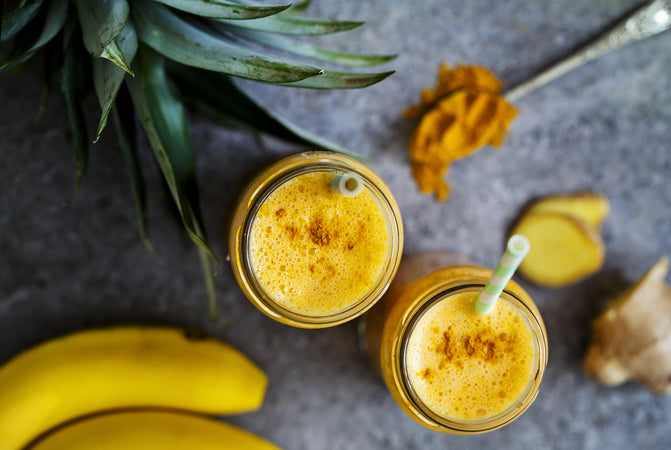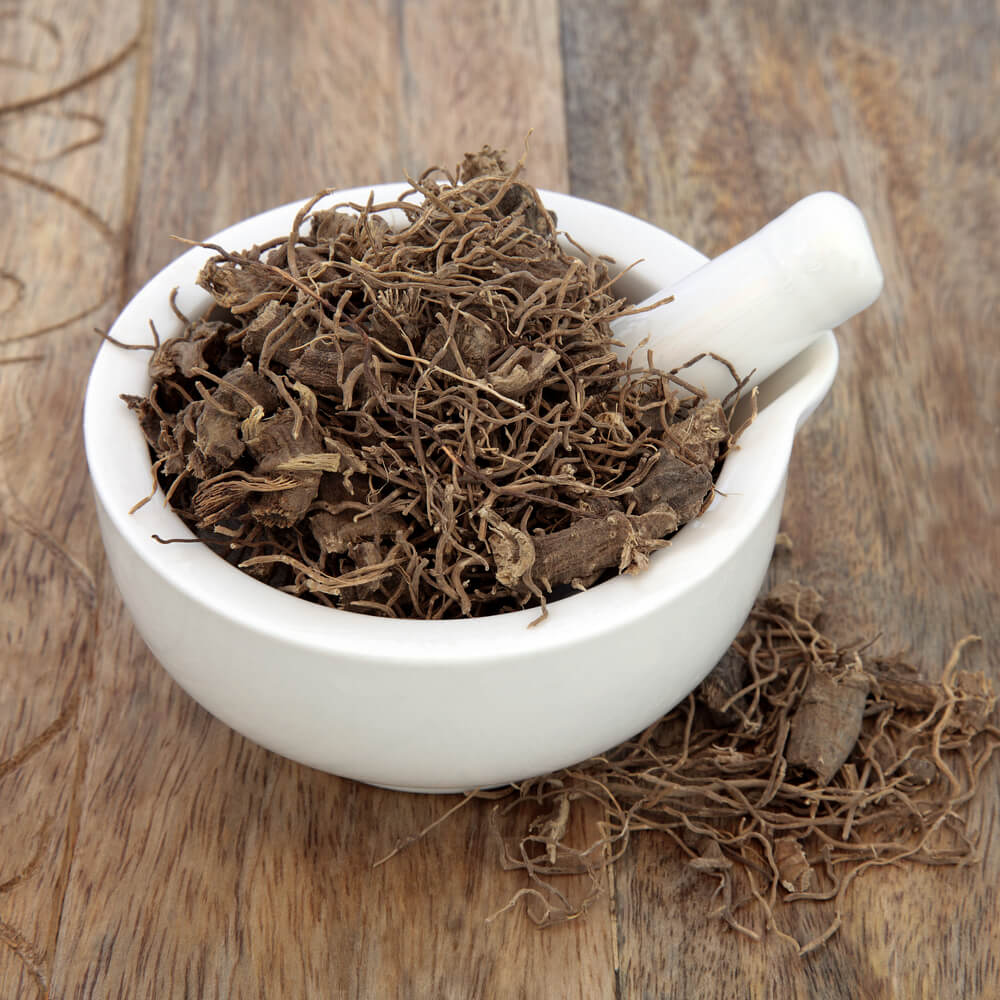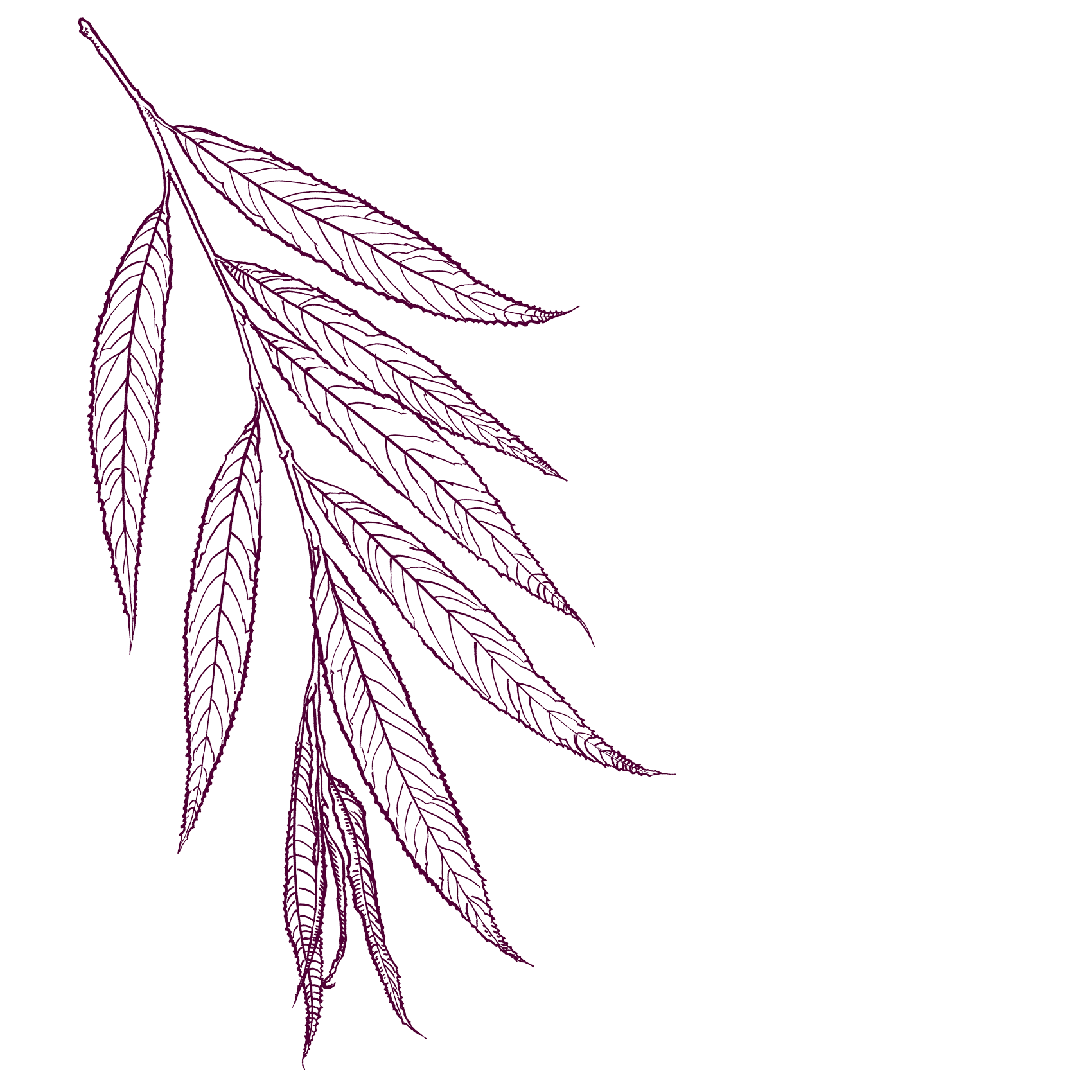
Exploring Wood Betony Benefits for Stress, Sleep and Digestive Support
Written by Rebecca Younger, CH, CDShare
Wood betony is the perfect plant for helping the body remember how to exhale. Sometimes called purple betony or common hedge nettle, Herbalists rely on it to soothe frazzled nerves, ease head and muscle tension, and support digestion. It's an herb for the days when stress and tension feel too consuming.
Let's explore how Stachys officinalis, better known as wood betony, can help us move through our days with more comfort and flow.
The Botanical Profile of Wood Betony
Wood betony belongs to the mint family (Lamiaceae), a group known for their aerial parts, aromatic volatile oils, and square stems. In early summer, its signature wood betony flowers appear in dense spikes, painting meadows and woodland clearings with vibrant purple hues.
Thriving in partial shade and well-drained soil, wood betony is commonly found in grassy meadows and forest edges throughout Europe. The herb’s ability to adapt to varied growing conditions has made it a staple in the healing arts press and modern medical herbalism.
Traditional herbalists often describe it as a nerve tonic as it's a gentle herb that gently invigorates the nervous system without causing sedation.
Wood Betony's Backstory
As far back as the first century, Dioscorides recorded how betony is used for facial and nerve discomfort and digestive problems in his influential text De Materia Medica. Roman physicians also relied on this herb, praising its ability to support both mental clarity and physical wellness.
Monastic Herbalism
Back in the Middle Ages, wood betony wasn’t just a garden staple. It was a monastery must-have. Monks across Europe tended this herb in their cloistered gardens, relying on it to soothe the mind, ease headaches, and keep the belly happy. It even earned a shoutout in the Leechbook of Bald, one of the oldest surviving English medical texts, where it was praised as a reliable remedy for frazzled nerves and digestive woes.
Centuries of use remind us that wood betony is best approached like the monks did, with a holistic mindset. It’s not just for the head or the gut, but for the whole self: mind, body, and spirit working in harmony.
Health Benefits of Wood Betony
The medicinal uses of wood betony extend across multiple systems, making it a very versatile plant!
Nervous System Support
Wood betony functions as a nerve tonic that helps to balance the nervous system without sedating or overstimulating. It gently invigorates the body while promoting calm focus.
- Easing nervous tension and stress
- Calming restlessness during the day without drowsiness
- Encouraging resilience against stress‑related fatigue
- Clarity and agility when balancing overwhelming demands of life
Head and Neck Comfort
One of the standout wood betony benefits is its traditional use for promoting comfort in the head, neck, and jaw. It's used to melt away tension and aches, and to relax muscle tightness.
The herb’s natural compounds, including tannins and iridoids with properties that help calm inflammation, work together to encourage relaxation and healthy circulation. This synergy helps the body release built-up tension and helps us find relief and feel focused.
In WishGarden’s Cranial Comfort formula, wood betony works alongside white willow bark and lavender to soothe tension in the head and body. It effectively soothes and calms without side effects.
Digestive System Comfort
Because the gut and nervous system are closely linked, wood betony’s calming action extends to the digestive tract.
- Ease stomach upset from stress
- Support those who are seeking natural relief from digestive discomfort
- Promote comfort for mild digestive issues such as gas or bloating
Its astringent tannins provide natural balance, especially when combined with ginger or fennel for added digestive support.
Plant Compounds and Their Traditional Roles
Modern plant research, including in vitro studies with stachys species, continues to explore why wood betony works the way it does. While more evidence from clinical trials is needed, historical use and preliminary findings show how these plant compounds interact with our bodies.
- Alkaloids such as stachydrine are being studied for their role in supporting the body’s natural stress resilience.
- Iridoids have been noted in vitro biological activity research and are traditionally associated with promoting calm and head comfort.
- Tannins have a long history in medical herbalism for their ability to support the digestive system and help maintain balance in the digestive tract.
- Volatile oils provide aroma and have been valued in alternative medicines for their role in traditional digestive wellness practices.
Because betony depends on the synergy of its aerial parts rather than one isolated component, its plant profile reflects the whole‑plant philosophy of medical herbalism.
Practical Use & Safety
As with all natural products, the best effects come from staying within the appropriate range for the user’s age, constitution, and wellness goals. A professional’s handbook or guidance from an herbalist can help determine the appropriate dose.
Tea or Decoction
Steep 1–2 teaspoons of dried aerial parts in hot water (just before boiling) for 10–15 minutes. Sip up to three times daily, adjusting to your unique needs.
For a stronger preparation, try a decoction: Simmer 1–2 teaspoons of the dried herb in water over low heat for about 15–20 minutes. Strain and enjoy up to three times a day. Decoctions are a great option if you're looking for a deeper, more robust extraction.
Tinctures
Liquid tinctures are a popular way to work with herbs because they are easy to take, portable, and quickly absorbed by the body. A tincture is a concentrated liquid extract made by soaking herbs in alcohol or another solvent to draw out the plant’s active compounds. Many people appreciate how tinctures allow for flexible serving sizes, making it easier to find the appropriate dose within the appropriate range for the user’s age and needs. Simply place the suggested number of drops or pumps in a small amount of water or juice and take up to several times a day, following unique directions for each formula.
Safety Considerations
- Not recommended for use during pregnancy or while breast feeding
- Those with low blood pressure or taking antihypertensive drugs should consult a provider
- Stop at least two weeks before scheduled surgery
Always follow relevant directions and discontinue if adverse reactions occur.
At WishGarden: Wood Betony in Our Formulas
- Serious Relaxer: This popular liquid herbal tincture features a blend of wood betony along with nervine and muscular‑skeletal herbs traditionally used to support softness in body and nervous system tension. The botanical combination helps guide the body back to a more relaxed state. Users often describe it as “hot‑tub in a bottle,” like unwinding after a long day.
- Cranial Comfort: This thoughtfully crafted tincture combines wood betony and other traditional herbs used to support ease in the head, neck, and shoulders during times of nervous system tension. The formula is carefully balanced to promote soothing alignment and natural comfort.
FAQs
What are the main wood betony benefits?
Wood betony benefits are traditionally described in herbal medicine as supporting the nervous system, encouraging comfort in the head and neck, and promoting digestive wellness. Its gentle action makes it a valued herb for those seeking natural products to help with everyday balance and relaxation.
Can wood betony affect blood pressure?
Some traditional sources note that wood betony may gently affect blood pressure. Because of this, individuals with low blood pressure, those taking antihypertensive drugs, or anyone monitoring blood pressure control should consult a qualified health professional before use.
Is wood betony safe for everyone?
Not necessarily. It may not be safe during pregnancy or while breast feeding. Individuals with scheduled surgery are advised to discontinue use at least two weeks prior. As with any herbal supplement, always consult a healthcare provider and follow relevant directions.
Are there side effects?
Wood betony is generally well tolerated when used within the appropriate range for the user’s age. Some people prone to digestive sensitivity may notice mild stomach upset when first starting. Those with low blood pressure should monitor carefully.
The Steady Comfort of a Time‑Honored Herb
Wood betony reminds us that sometimes the most unassuming plants carry the deepest gifts. With its soft purple blooms and long history across various cultures, this common hedge nettle continues to offer gentle support where body and mind meet. Whether steeped as a calming tea, taken as a liquid tincture, or enjoyed in combination with other time‑honored herbs, wood betony invites you to slow down, breathe a little easier, and reconnect with your natural rhythm. In a world that rarely pauses, this centuries‑old ally still whispers the same message: balance is possible, and nature is here to help you find it.
Rebecca Younger is passionate about herbs and women's health. She aspires to plant seeds of inspiration within her community about plant medicine and healthier ways of life. She studied Herbal Medicine at Herbalism Roots in Denver and is a certified Doula through the Matrona Foundation. She is the Brand Communications Specialist at WishGarden Herbs.
For educational purposes only. This information has not been evaluated by the Food and Drug Administration. This information is not intended to diagnose, treat, cure, or prevent any disease, or to sell any product.














